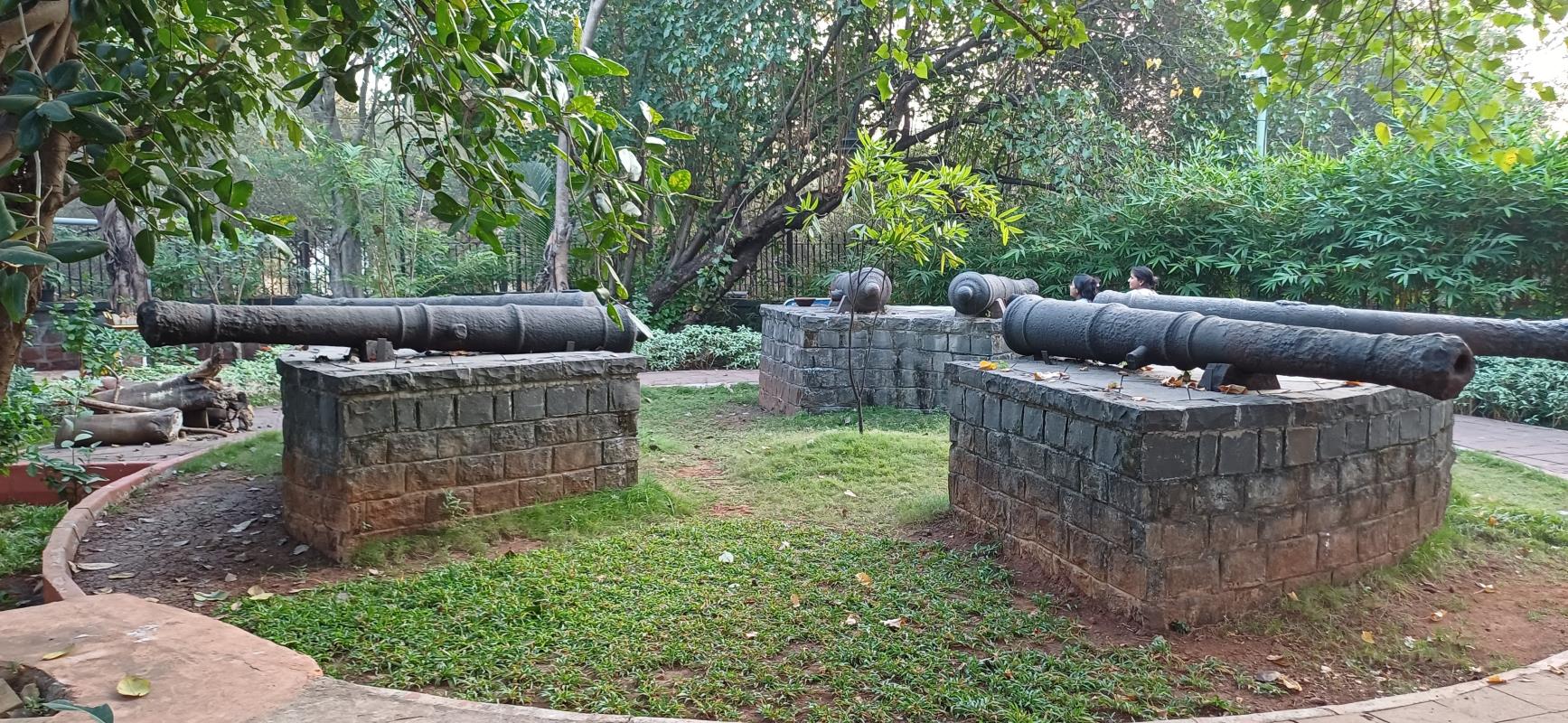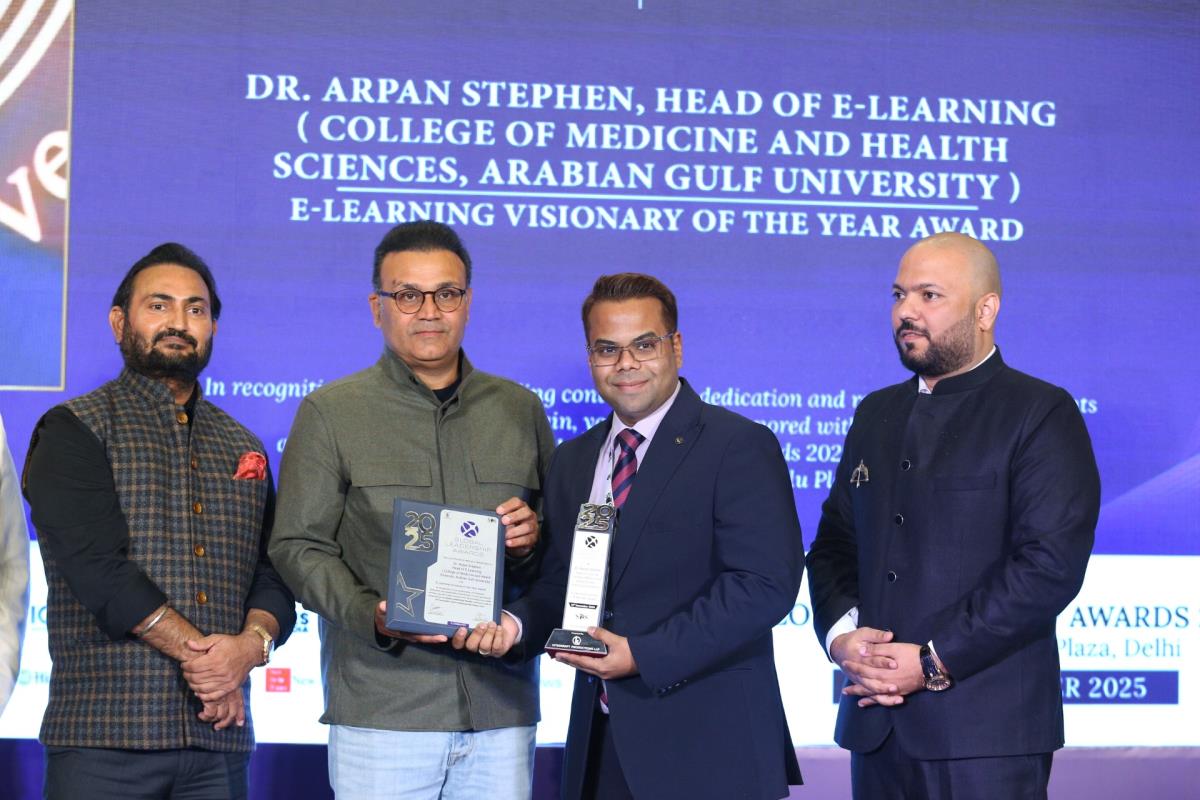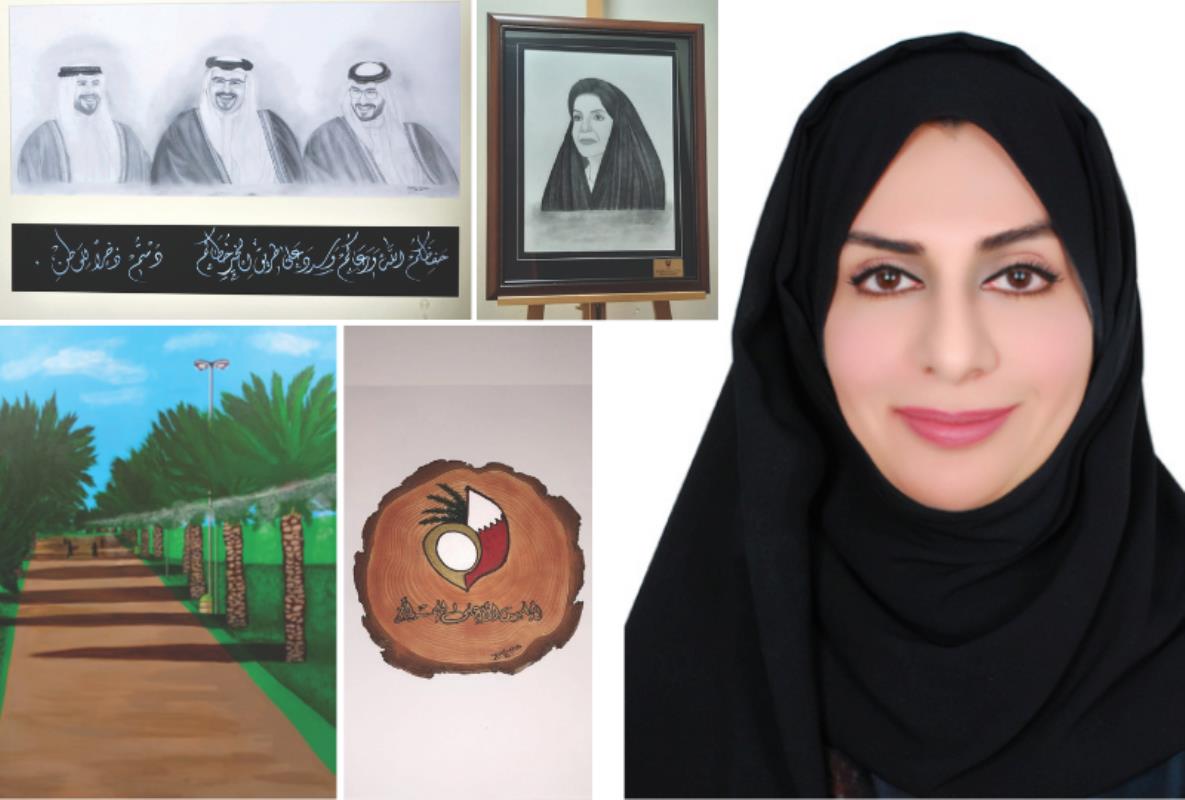
Filmmaker Asif Kapadia speaks to Sky News about the two Maradonas - the "sweet, innocent guy and the other guy who's the ego".
In July 1984, a then 23-year-old Diego Maradona arrived in Naples, heralded by fans as their saviour after years of misery on the pitch.
Sure enough, the record signing proved to be the Italian club's turning point, leading them to two Serie A titles in three years.
The charismatic Argentinian was the biggest footballer in the world, a god on the pitch who was adored by thousands of fans. But away from the beautiful game, his life was spiralling out of control.
His time in the city made him a global superstar, but broke him as a man.
The stories of cocaine use and reported mafia friendships have been well documented. But asking the man himself? That has proved an extremely tricky task for journalists over the years.
Enter British filmmaker Asif Kapadia, the man behind the BAFTA and Oscar-winning Ayrton Senna and Amy Winehouse documentaries, Amy and Senna.
His third feature documentary tells the story of the biggest period in Diego Maradona's career, based on more than 500 hours of previously unseen footage from the football star's personal archive.
The film, titled Diego Maradona, tracks the footballer's journey, Kapadia tells Sky News, from rags to riches to the almost inevitable fall from grace, exploring Maradona the man and Maradona the footballer, and how the two existed together.
"If there's real chaos in your life how can you go on to the pitch and play and be brilliant?" he says. "That was the idea."
"He arrived at a team who the year before had nearly been relegated, never won anything really in their history. Within a few years they're winning the championship in probably the toughest league there's ever been at the time.
"He wins the World Cup, becomes the best player in the world, but all of the problems that he's still dealing with I guess in certain ways later in life, the problems all really started in Naples. And the person who leaves, it looks very different and it's a very different place to the quite young, vulnerable person that arrives there at the beginning.















































































